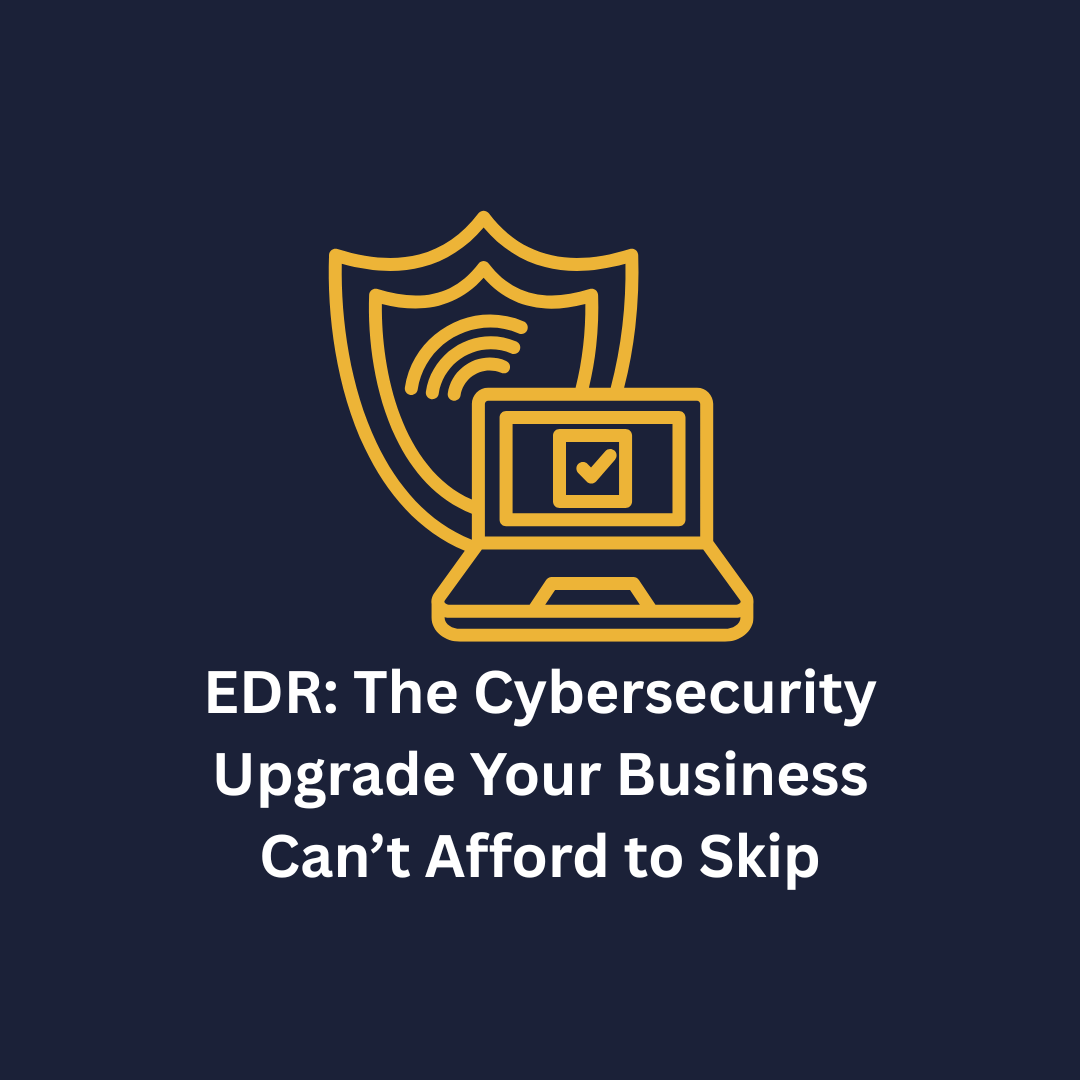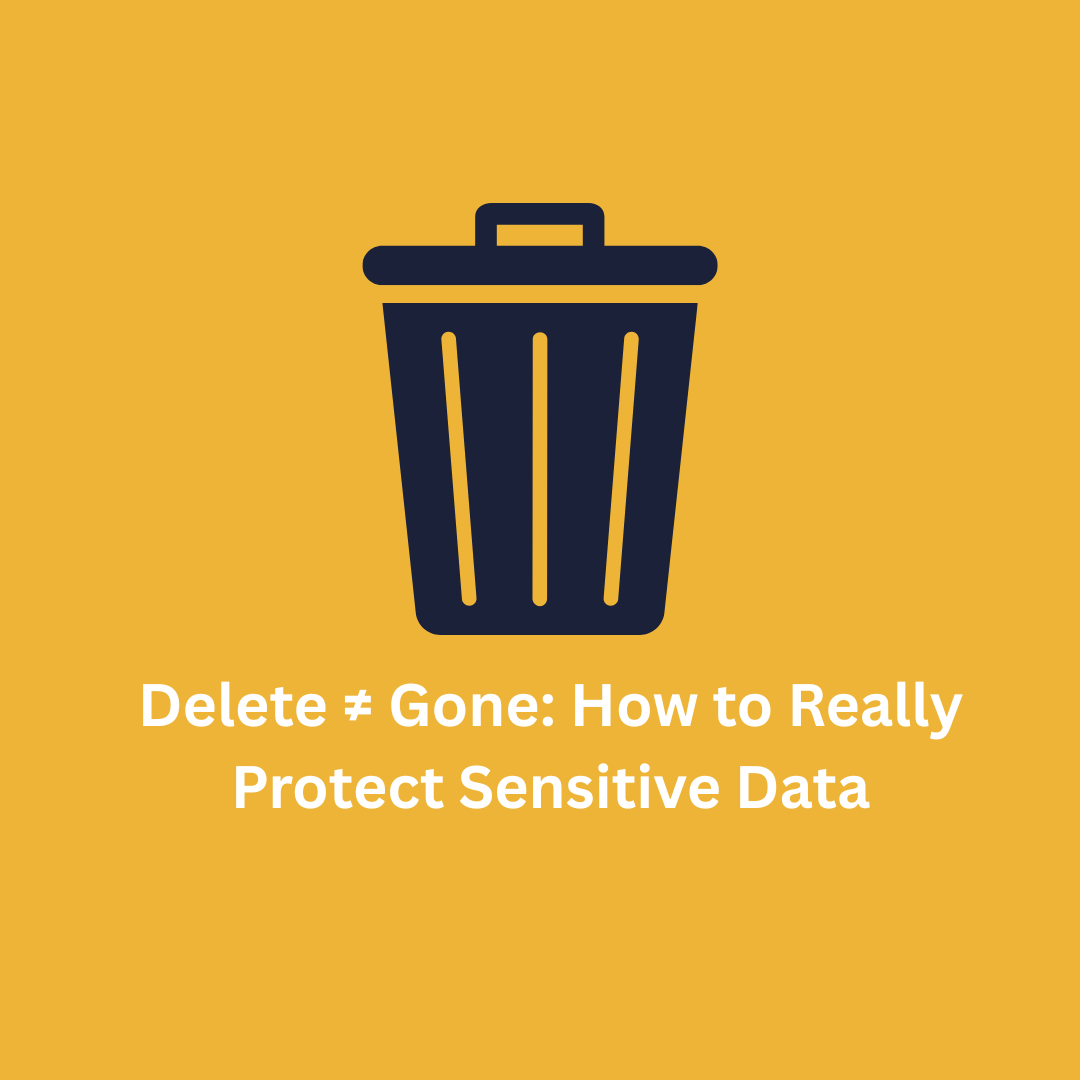Email Authentication - 101
Email authentication is a critical part of modern communication systems. If you are not sure your e-mail provider has it in place this article will help you to ask them about what they have done to protect your e-mail system. Email authentication technology ensures that emails sent from authorized sources will not be tampered with during transit.
Three key protocols play a vital role in this process: SPF (Sender Policy Framework), DKIM (DomainKeys Identified Mail), and DMARC (Domain-based Message Authentication, Reporting, and Conformance).
Sender Policy Framework (SPF)
SPF is an email authentication method that enables domain owners to specify which mail servers allow emails to send on behalf of their domain. By creating an SPF record in the DNS, the domain owner lists also authorized sending IP addresses. When a recipient's mail server receives an email, it can check this record to verify that the email comes from an allowed server.
DomainKeys Identified Mail (DKIM)
DKIM offers a way for a domain to claim responsibility for a message when confirmed by the recipient. It uses cryptographic signatures to verify that an email message was unaltered in transit and indeed comes from the specified domain. A DKIM record includes a public key published in the DNS, while the corresponding private key signs the emails. Recipient servers can then use the public key to verify the signature.
Domain-based Message Authentication, Reporting, and Conformance (DMARC)
DMARC builds upon SPF and DKIM by adding a reporting function that allows domain owners to receive feedback on how their emails are processed. It specifies what the recipient server should do if an email fails SPF or DKIM checks, such as rejecting the email or marking it as spam. DMARC also helps in aligning the 'From' header domain name with the SPF and DKIM authenticated domain names, enhancing the legitimacy of the email.
Why does having these SPF, DKIM, and DMARC records matter?
Together, SPF, DKIM, and DMARC form a powerful defense against email spoofing and phishing attacks. They help support the integrity of email communication by ensuring that only authorized senders can send emails from a domain, and that the content of these emails stays unchanged during transit. This is crucial for protecting both the sender's and the recipient's trust in email as a reliable form of communication.
SPF, DKIM, and DMARC are essential tools in the fight against email fraud and abuse. By properly implementing these protocols, organizations can significantly reduce the risk of their domains being used for malicious purposes and ensure that their communications are secure and trustworthy.
If you have further concerns after reading this or need help understanding further, please contact at today at 877-686-6642/


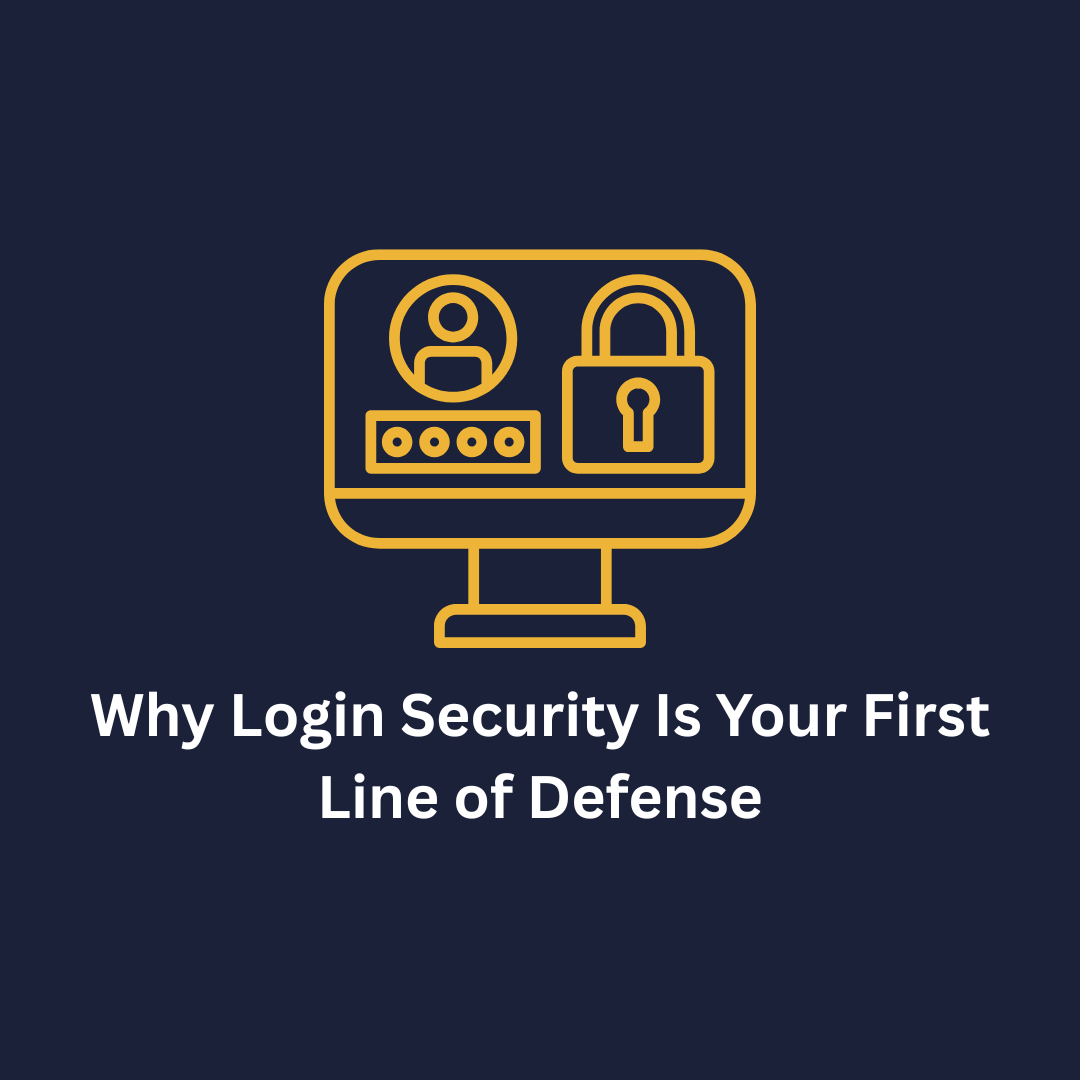
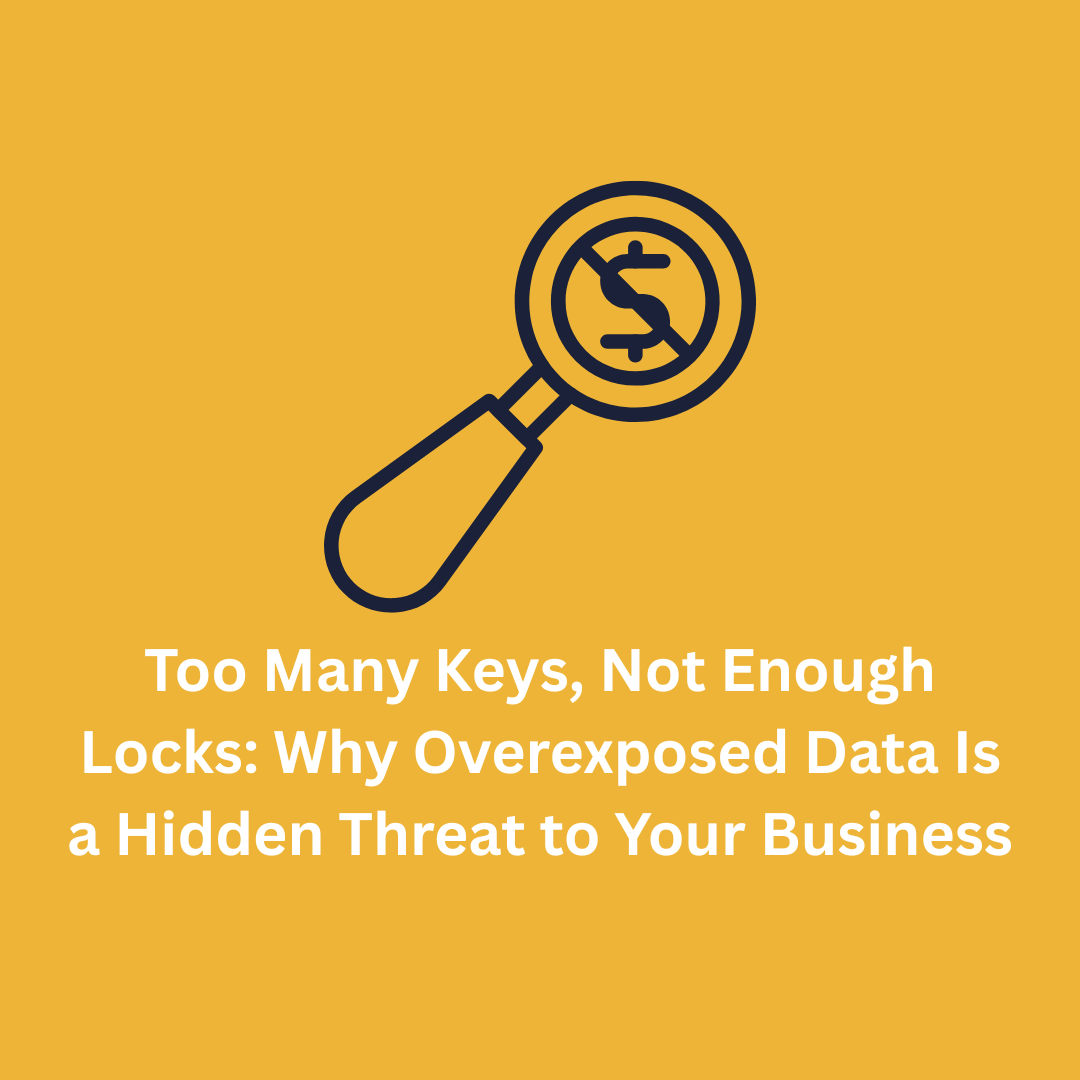














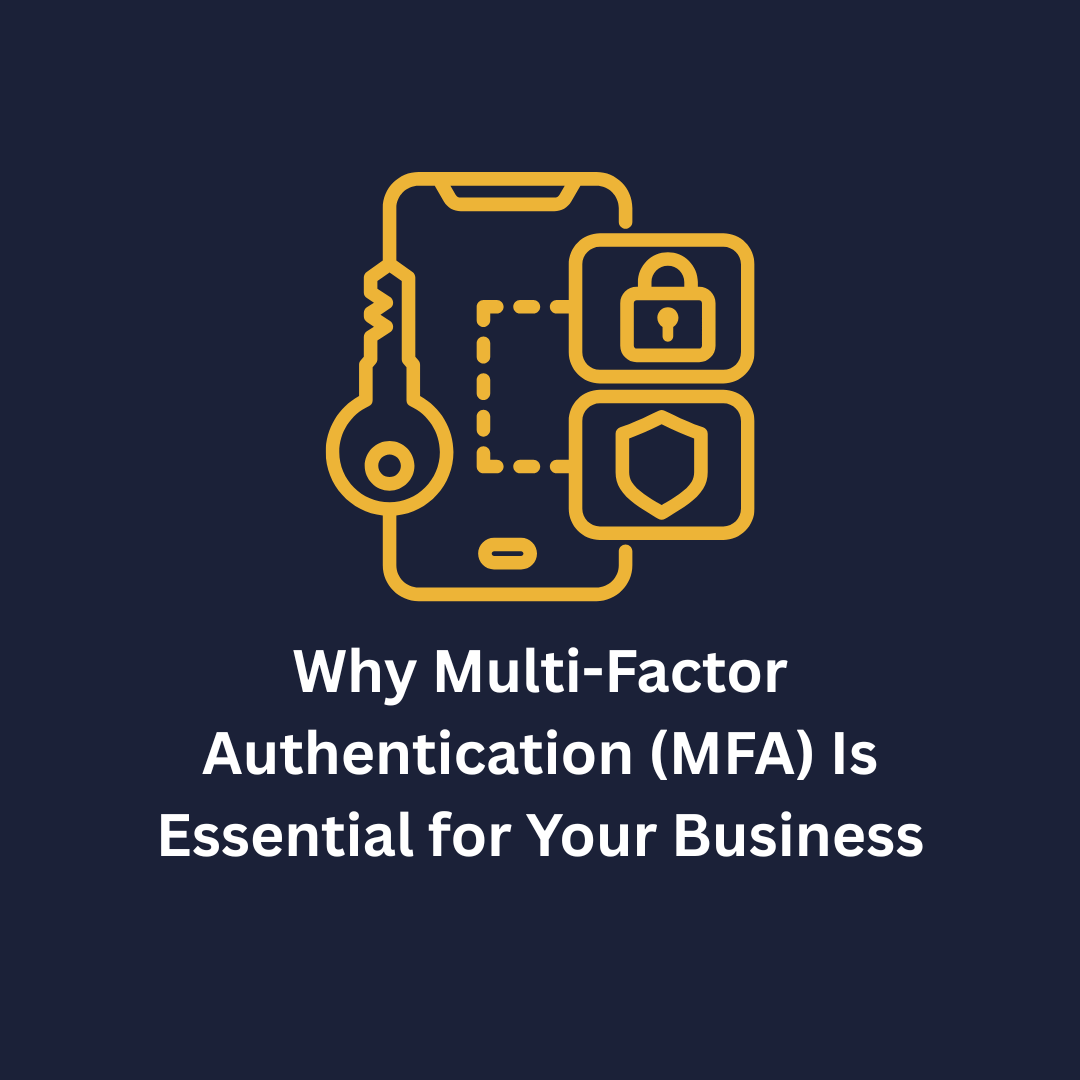
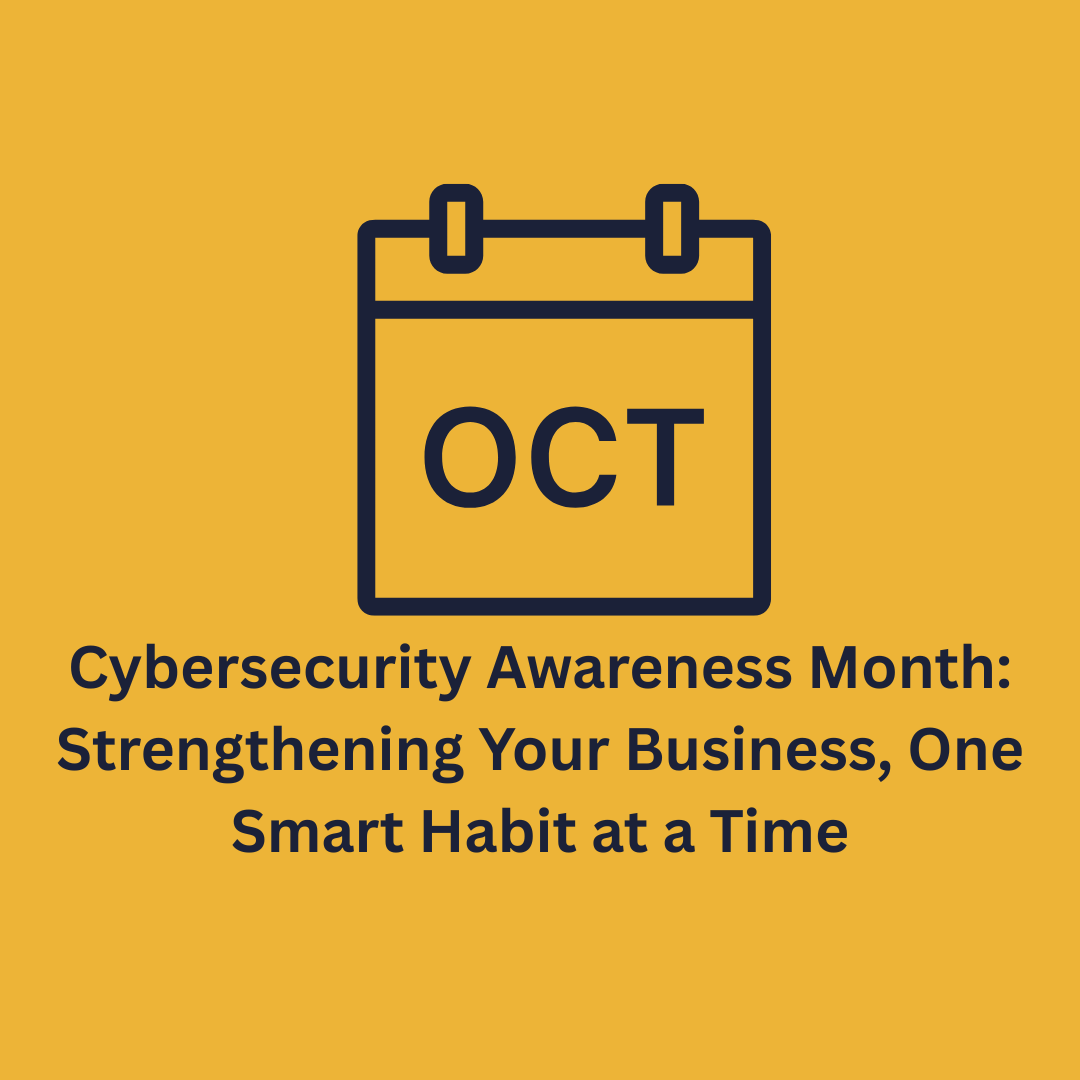

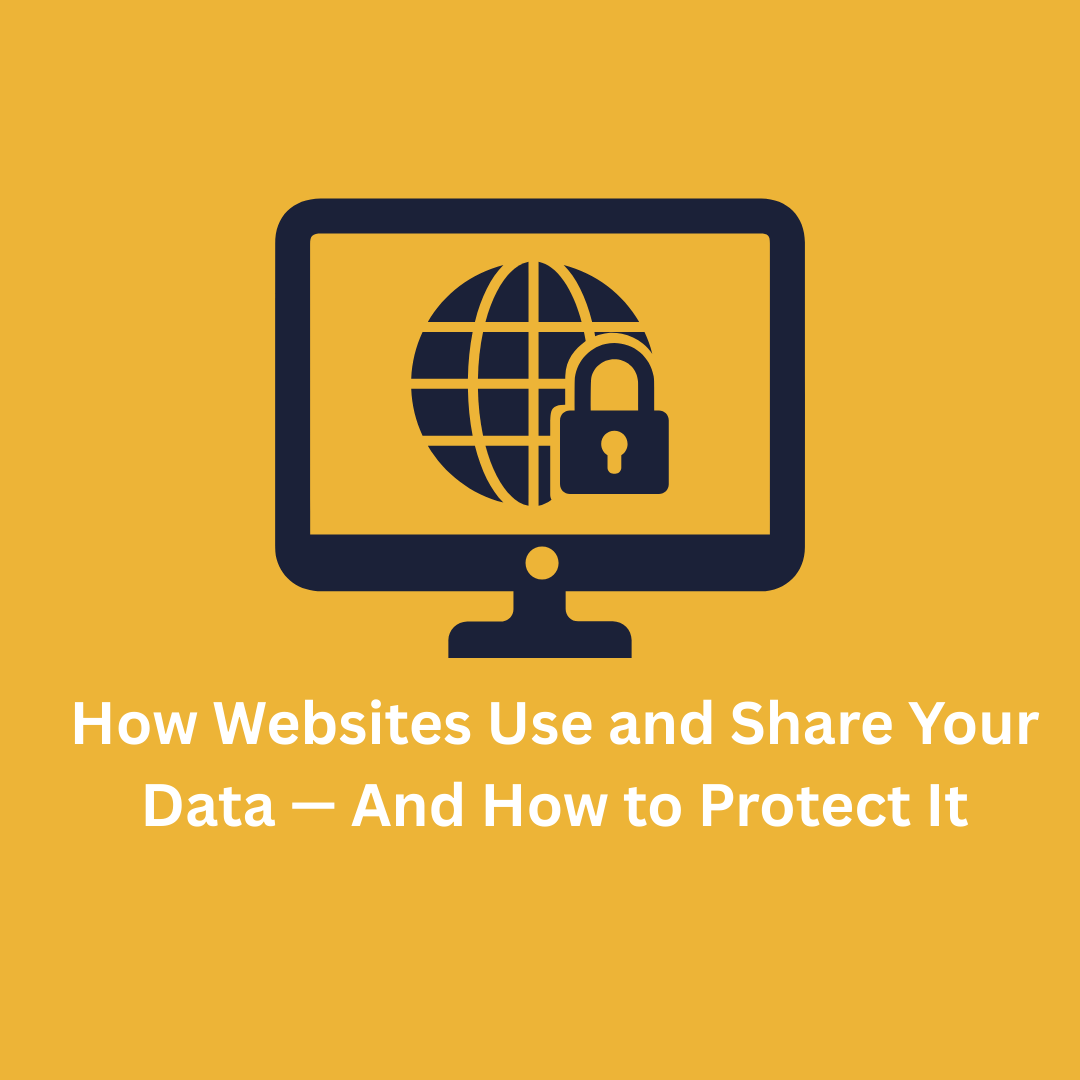


.png)






